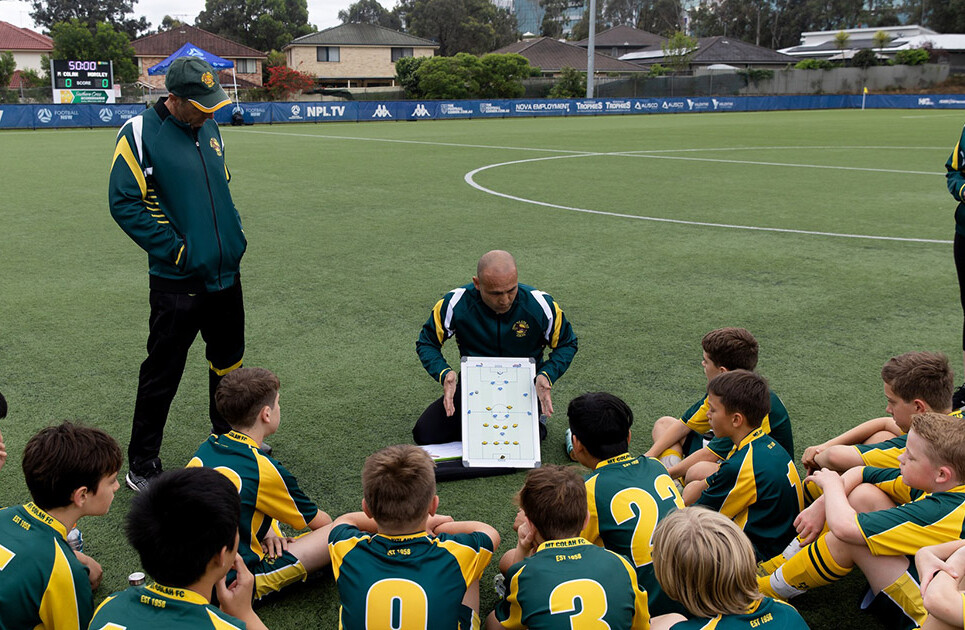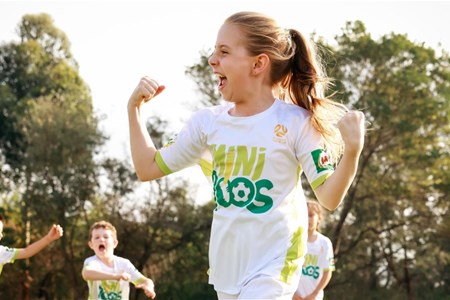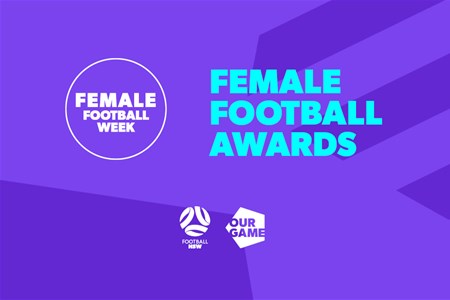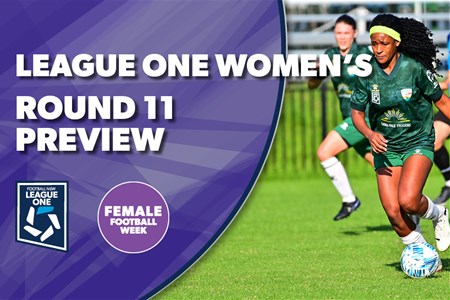Gamifying Individual Challenges

One of the great challenges for us as coaches is how we can best give every individual the stretch and support they need while coaching the collective. This is particularly the case for coaches who do not have support staff and/or assistant coaches to provide the laser focus while the head coach takes care of the big picture.
A few concepts to explore:
- Individual challenge – It is very rare that a group of players will be at the same stage of development and requiring exactly the same thing as others within their group. This is especially the case within the grassroots game and also in younger age groups. Providing a level of individual challenge to all those within your team has a lot of benefits for them developing their game while also contributing to the good of the collective.
- Game within a game – The concept of a game within a game looks at competition, either between individuals or between small groups of players that is taking place at the same time as the wider training session or game.
- You vs Yourself mentality – A term coined by the fantastic development coach Michael Beale, this allows players to frame up their own success based on becoming a bit of version of themselves rather than comparing themselves to others.
- Gamification – Over the last couple of decades, the rise of computers and gaming is often held up as a reason why kids are not as good at sport, Or don’t spend as much time playing it as previously was the case. Rather than focusing on this just as a problem, there is a lot to be said for taking the lessons that gaming provides, particularly the idea of making your way through levels and unlocking achievements.
A potential solution
One of many ways to try to provide individual stretch and support within a training or game is an achievement board. This could be coach, player or teammate led and can be implemented at either a training session or game.
This just requires a whiteboard or even a piece of paper on a clipboard with the players’ names down one side and the achievements or levels to be unlocked, written across the top. In the younger development age groups, the achievements may be the same for every player. As players progress through age and stage they may have individual challenges.
There are a range of different types of achievements that could be put on to a board:
- Functional skills of the game: For a U7 mixed ability team there may be a set of six achievements to be unlocked throughout the training session, with players running off in natural breaks to tick off any that they have achieved. If they can get all six they get a lolly at the end of training. Examples of these could be things like: perfect pass, terrific tackle, super skills, delightful dribbling, top teammate and glorious goal.
- For players in the skill acquisition these could be related to the Core skills, with levels to achieve. For a session on striking the ball these could include: A killer pass through two lines, A chip with backspin, A pass with the inside of the foot etc, with each of these different competencies earning a player one point for doing with their dominant foot and two points doing it with their non-dominant foot.
- For players in the game training phase these may be related to individual tactical concepts in line with your club’s game model and may be position specific. An example of this may be asking attacking midfielders to receive level and outside their opponent, Playing a ball around a corner into a striker’s feet and supporting with a run, Playing five forward passes with each foot etc.
Through taking such an approach, the coach is able to gamify and individualise the stretch and support for Individuals within the collective while allowing each player to take control of achieving these.
Perhaps this is also a way to engage your substitutes on game day, as they notate which achievements their teammates are able to unlock?
Remember both training and game days is about the players, so let’s make sure we’re doing everything we can to support the learning and enjoyment.
Happy coaching!
Written by Drew Taylor.


